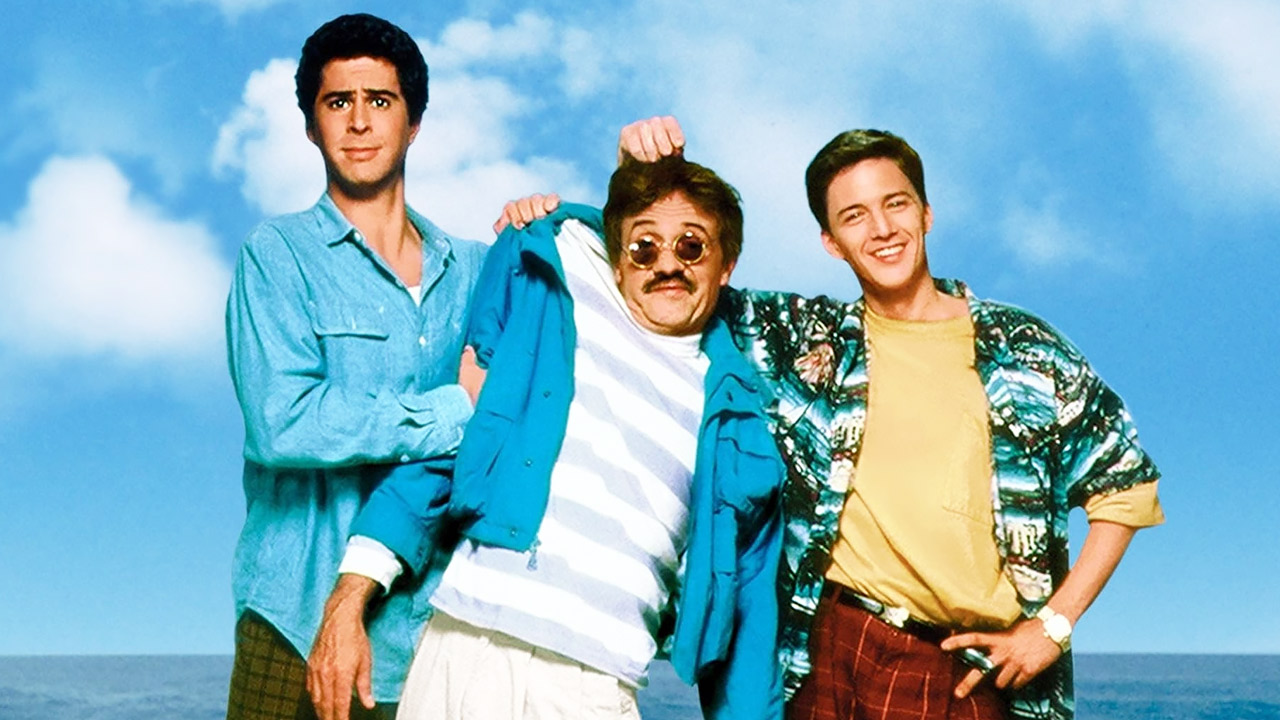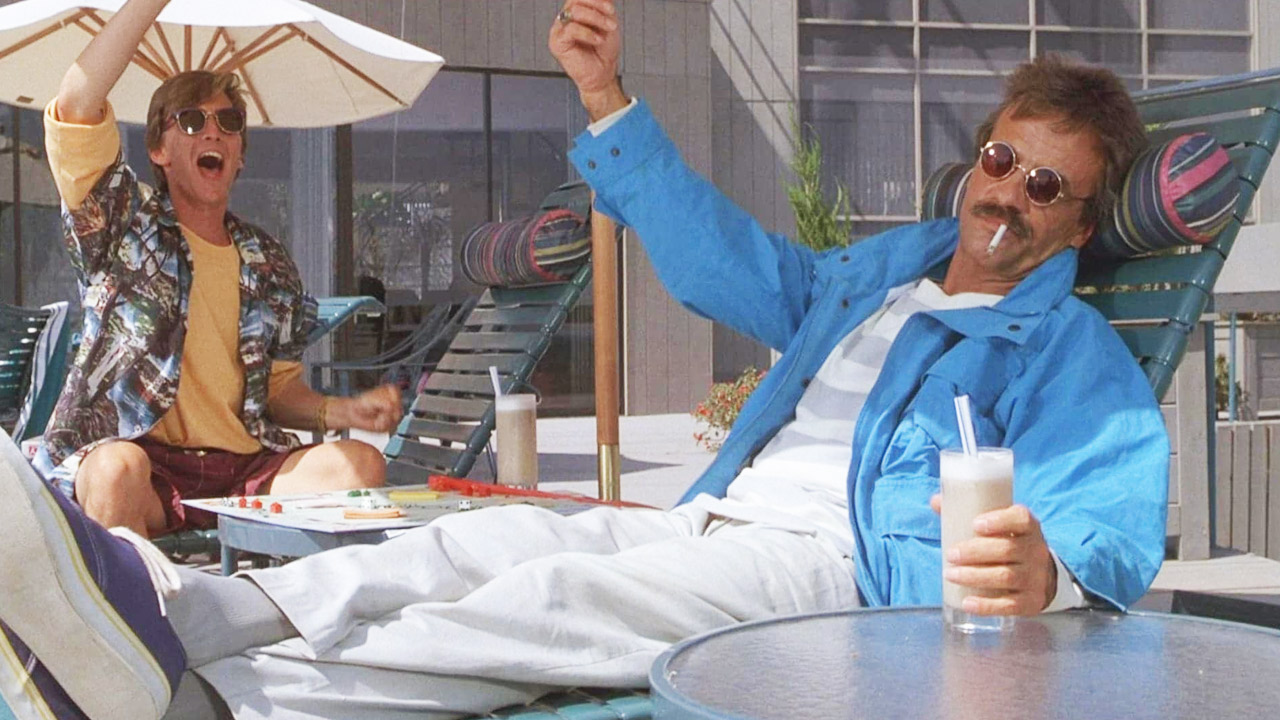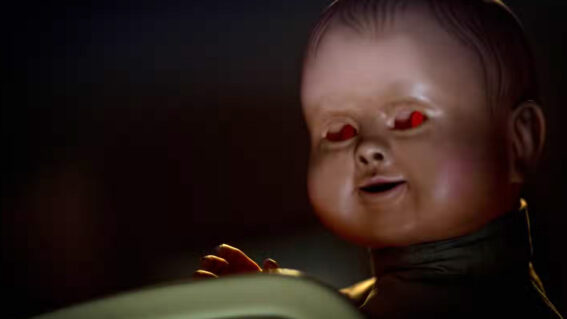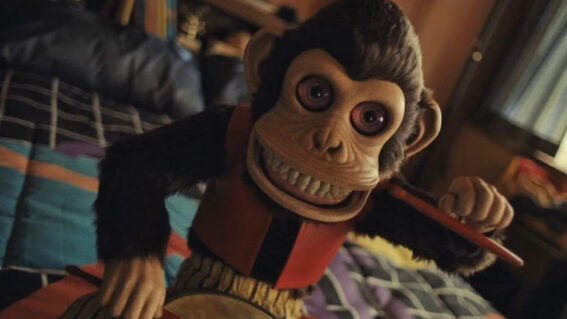Retrospective: how does Weekend at Bernie’s hold up in 2024?

Barely remembering the plot of 80s comedy Weekend at Bernie’s, Luke Buckmaster has a nostalgic rewatch—and comes away feeling surprisingly impressed.
My childhood memories are dotted with peculiarities that no amount of adult experience can rationalise. I went through a phase, for instance, when I wrote in the air with my index finger; I was recently reminded of this when a character in Boy Swallows Universe does the same thing. Another vague and strange formative memory involves enjoying a movie about two guys hanging out with a smiling corpse, which they lug around and even operate, like cut-rate puppeteers. This of course is 1989’s Weekend at Bernie’s, which was directed by Ted Kotcheff, whose magnum opus is a very different production: the great Australian thriller Wake in Fright.
The corpse puppeteering was pretty much all I remembered about Weekend at Bernie’s, which has lingered in my psyche like a smelly old sock. I recently decided that I simply must ascertain answers to certain questions—such as, firstly, why the lead characters go to such lengths to pretend a dead dude is still alive. I had entirely forgotten the narrative justification. And secondly, how the film stands up in the cold hard light of 2024: an era of heightened political correctness, during which controversial comedians like Dave Chappelle like to complain about being cruelly silenced, in his case by getting paid tens of millions of dollars to make specials broadcast on a massive global platform. Anyway.
Let’s start with the first question, and inject a little context. The lead characters of Weekend at Bernie’s are Larry (Andrew McCarthy ) and Richard (Jonathan Silverman), two young, schmucky employees of an insurance firm hungry to climb the corporate ladder. They believe an opportunity presents itself when Richard discovers a “two million dollar error.” According to the books one man has died four times, triggering several payouts. They report this to their boss Bernie Lomax (Terry Kiser), and, oh my god, there he is, alive! I only remembered him being dead.
Bernie instructs the pair to keep mum and invites them to his beach house in the Hamptons. Bernie, as it turns out, is the one committing insurance fraud. To cover his tracks, he orders Larry and Richard to be assassinated—cripes, that escalated—only for the goon he ordered it from to instead order his execution (because Bernie is sleeping with his girlfriend). When Larry and Richard reach his beach house, they discover him dead, and—addressing that first question—decide to “pretend he didn’t die, just for a bit,” deciding they don’t want to get the police involved. Which is pretty freakin’ flimsy justification. But thankfully it gets better.
When the pair learn that Bernie attempted to have them killed, they assume the hit is still in the works, and reason that the only way they can be safe, as they flee the island, is to stay close to him and pretend he’s alive. In one scene, which had me laughing out loud, they do this by hoisting Bernie upright, tying their shoelaces to his, and walking down the street with Bernie’s corpse between them. The film gets funnier as it goes along: the jokes involving beachy revellers assuming Bernie is just wasted (not dead) are amusing but limited. Which brings us to an answer for the second question: it holds up pretty well (like Bernie’s dead body!) and doesn’t feel terribly dated. No moments make you think “oh boy, times have changed.”

Better yet, Kotcheff and screenwriter Robert Klane punch up, not down. Bernie is rich, elitist, immoral and cruel. We don’t care that his reputation has been posthumously besmirched. It’d be different if Larry and Richard picked up the corpse of a homeless person and paraded it around. It’d also be different if the dead person was female. The edgiest the film gets is a necrophilia joke: a scene that strongly infers a drunken women, with whom Bernie is having an affair, had sex with his corpse. It’s gross (and begs certain questions around how this is…even possible) but the gag is fundamentally yuck and absurd, not sexist.
Kotcheff takes time with his premise and doesn’t milk it. Weekend at Bernie’s is a consistently enjoyable comedy, missing a layer of sharpness and wit that might’ve taken it to the next level. I wonder what a purveyor of fine farce, like Francis Veber, might’ve done with the material. But at least I can breathe a sigh of relief, happy that this old smelly sock of a movie, still in the laundry room of my subconscious, isn’t all that bad—in fact it’s quite good.
I do have another vague memory, come to think of it, of a Weekend at Bernie’s sequel (which was advertised with the tag-line “Bernie’s back…and he’s still dead!”). What possible narrative justification could there be for Larry and Richard to manhandle his corpse once again? Did they go too far, second time around? There is, I suppose, only one way to find out.



















